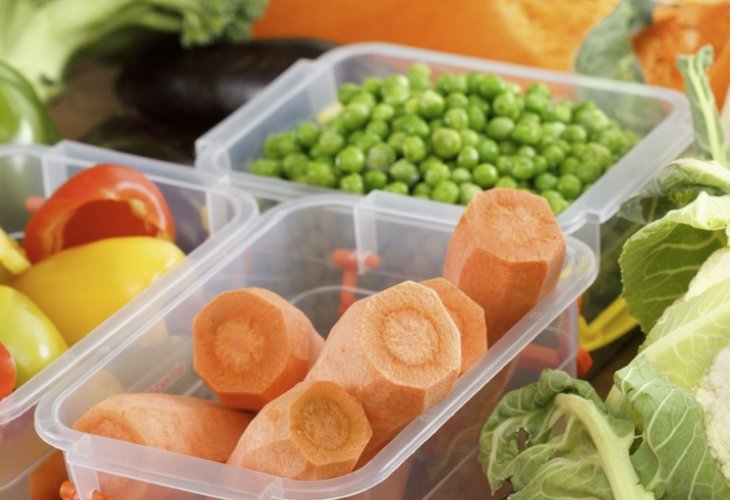The Hidden Dangers of Plastic: What You Need to Know
Toxins and Carcinogens: Understanding the Risks of Heating and Storing Food in Plastic
 (Photo: shutterstock)
(Photo: shutterstock)We live in a time where plastic is part of our daily consumption, making our lives more convenient. Unfortunately, this convenience comes at a cost to our health.
Plastic refers to a group of polymers based on a carbon compound derived from crude oil. Often, harmful substances are mixed in to give plastic different properties or colors. While it has many advantages being easy to produce, inexpensive, and versatile, its downside is that plastic decomposes very slowly, taking a long time to break down.
The major concern related to plastic is its contact with food. Toxic substances can leach from plastic packaging and containers into food or drinks.
Two chemicals in plastic are particularly problematic - Bisphenol A (BPA) and phthalates. These disrupt and harm the hormonal system. Chemically, they resemble natural hormones but can activate or block hormonal functions, leading to toxic effects.
Studies have shown Bisphenol A affects metabolism, slowing thyroid function, which can lead to weight gain.
Phthalates, found in PVC products, are used in making flexible toys, like teethers, and kitchen tools like containers and trays. Older products release more phthalates, which are carcinogenic and can interfere with fertility and fetal development.
When plastic is heated, more toxins leach into food. The same happens with acidic foods, liquids, or alcohol.
Water bottles or soft drinks are often left on surfaces under the sun for long periods, causing toxins to leak into the liquid.
At the bottom of each bottle, there's a triangle symbol with a number inside. Take note: if the triangle has a number 1, use the bottle only once. It contains substances harmful upon reuse. Numbers 3 or 7 indicate toxic materials that could accumulate and cause diseases.
It's better to use bottles made from polypropylene marked with PP or the number 5, as they are less hazardous.
It's important to clean bottles with soap and water when reused, and replace them when they wear out. Baby bottles should be replaced when they get scratched or worn and only BPA-free baby bottles should be used.
Zohara Sharvit is a naturopath (N.D) and an iridologist with many years of experience in treatment, consulting, and workshop facilitation. To book a complimentary workshop, call 073-2221290

